Fortunately, dental implants offer a revolutionary solution, restoring functionality and confidence. But with various implant options available, navigating the path to the best type of dental implants can feel overwhelming. This in-depth guide empowers you with the knowledge to make an informed decision alongside your dentist.
Understanding Dental Implants: A Foundation for Choice
Before diving into specific implant types, let’s establish a common ground. Dental implants are essentially artificial tooth roots surgically placed in the jawbone. These biocompatible posts (usually titanium) fuse with the bone over time, providing a sturdy foundation for a crown, bridge, or denture. This fusion mimics the natural function of a tooth root, stimulating the jawbone and preventing bone loss – a crucial benefit for long-term oral health.
Unveiling the Contenders: A Look at Common Implant Types
Now, let’s explore the different types of dental implants vying for the title of “best”:
Endosteal Implants:Endosteal Implants: A Biomimetic Marvel
Endosteal implants, often referred to as screw-like or root-form implants, are aptly named. These biocompatible posts, typically crafted from titanium, are surgically placed directly into the jawbone. This placement strategy is what sets them apart and makes them the best type of dental implants for a multitude of scenarios. They mimic the natural tooth root structure, providing exceptional stability and promoting long-term bone health.
Here’s how the magic happens:
- Osseointegration: The biocompatible titanium surface of the implant fuses with the jawbone through a remarkable process called osseointegration. Over time, a strong bond forms, anchoring the implant firmly in place and mimicking the natural function of a tooth root. This bond transmits chewing forces effectively, stimulating the jawbone and preventing bone loss – a crucial benefit for long-term oral health.
- Versatility and Adaptability: Endosteal implants are incredibly versatile. They can be used to replace:
- Single Missing Teeth: A single implant, strategically placed, can seamlessly replace a missing tooth, restoring both function and aesthetics. A crown is then attached to the implant, replicating the natural tooth structure.
- Multiple Missing Teeth: For situations with several missing teeth in a row, multiple endosteal implants can be strategically positioned to support a fixed dental bridge. This bridge replaces the missing teeth and restores your ability to chew and speak with confidence.
- Implant-Supported Dentures: When dealing with extensive tooth loss or edentulism (complete tooth loss in an arch), implant-supported dentures offer a secure and comfortable solution. Strategically placed endosteal implants act as anchors for a denture, providing exceptional stability and preventing slipping or discomfort often associated with traditional dentures.
Subperiosteal Implants:Understanding Subperiosteal Implants: A Non-Traditional Approach
Subperiosteal implants, sometimes referred to as blade implants, differ from the more common endosteal implants in their placement strategy. Unlike endosteal implants that are directly embedded within the jawbone, subperiosteal implants rest on top of the jawbone, secured by a metal framework positioned beneath the gum tissue. This approach offers a potential solution for patients who may not be ideal candidates for endosteal implants due to:
- Bone Loss: Significant bone loss in the jaw can render endosteal implants unstable. Subperiosteal implants utilize the remaining bone structure and distribute the chewing forces across a broader surface area, potentially offering greater stability in such cases.
- Medical Conditions: Certain medical conditions or medications can hinder bone healing, making endosteal implant placement less favorable. Subperiosteal implants may be a viable alternative for patients in such situations.
- Anatomic Limitations: Anatomical factors like the presence of nerves or sinuses in the jawbone can sometimes restrict the placement of endosteal implants. Subperiosteal implants offer more flexibility in avoiding these anatomical structures.
Zygomatic Implants: A Beacon of Hope for Complex Restorations
Missing teeth can significantly impact your quality of life, affecting both aesthetics and functionality. While traditional dental implants have revolutionized dental care, some cases present unique challenges due to severe bone loss in the upper jaw. This is where zygomatic implants emerge as a potential best type of dental implants for these complex situations.
This comprehensive guide dives deep into the world of zygomatic implants, exploring their advantages, considerations, and the path towards a restored smile.
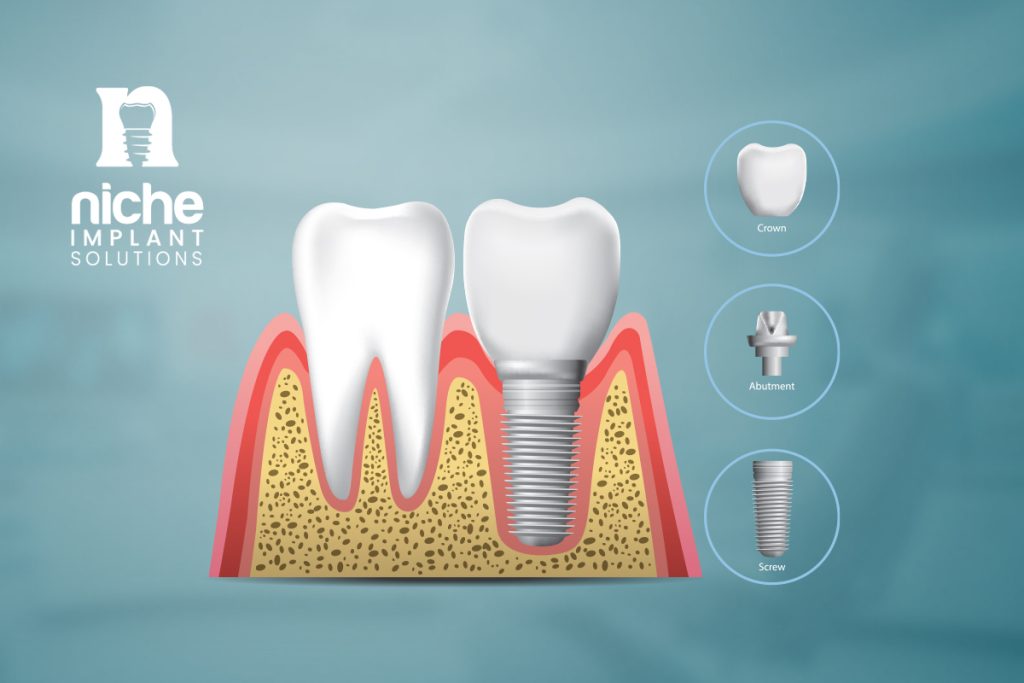
Single vs. Multiple Implants:
When considering the best type of dental implants, the number of teeth being replaced plays a role. Single implants are ideal for replacing individual missing teeth. For multiple missing teeth, several strategically placed implants can support a fixed bridge, restoring both function and aesthetics.
Immediate vs. Delayed Placement:
The timing of implant placement can also influence the choice. Immediate placement involves placing the implant shortly after tooth extraction, while delayed placement allows for healing time before implant insertion. Your dentist will recommend the most suitable approach based on your specific situation.
This diversity highlights the importance of a personalized approach. At Niche, we conduct a thorough consultation to assess your unique situation. Factors like jawbone health, the number of missing teeth, and your desired aesthetic outcome all contribute to determining the best type of dental implants for you.
You can also look: All you should know about Modern Dental Implant Solutions: Including Niche Options & Top Brands
Choosing the Champion: Factors to Consider for the Best Dental Implants
With a clearer understanding of implant types, let’s delve into the key factors influencing the selection of the best type of dental implants for you:
- Jawbone Health:
Endosteal implants require sufficient jawbone density for successful integration. If bone loss is a concern, your dentist may recommend bone grafting procedures to create a strong foundation for the implant.
- Number of Missing Teeth:
The number of teeth requiring replacement will influence the implant type chosen. Single implants work well for individual teeth, while bridges or implant-supported dentures are suitable for multiple missing teeth.
- Overall Oral Health:
Existing dental issues like gum disease must be addressed before implant placement to ensure optimal success rates.
- Aesthetics:
For patients prioritizing a natural look, zirconia implants, which are white in color, can be a good choice for the crown portion visible above the gum line. However, titanium implants are still the most widely used due to their exceptional strength and biocompatibility.
- Cost:
The cost of dental implants can vary depending on the type, number of implants needed, and the complexity of the procedure. Discuss pricing transparency with your dentist to ensure financial considerations are factored into the decision-making process.
By considering these factors, you can increase your chances of finding the best dental implant dentist for your needs.
Comparing the Best Type of Dental Implants Now that we’ve discussed the different types of dental implants let’s compare them based on various factors:
Your journey to a dazzling smile with dental implants has taken a crucial step! We explored the various types of implants available. Now, it’s time to delve deeper and compare them based on key factors. This will help you, along with your dentist, choose the implant that best suits your unique needs and desires. So, buckle up as we dissect the advantages and considerations for each implant type!
Success Rate:
- Endosteal implants have the highest success rate among all types of dental implants, followed by subperiosteal implants and zygomatic implants.
Bone Density Requirements:
- Endosteal implants require adequate bone density for successful placement, while subperiosteal and zygomatic implants are suitable for patients with compromised bone density.
Surgical Complexity:
- Zygomatic implants are the most complex to place due to their location in the cheekbone, followed by endosteal and subperiosteal implants.
Aesthetics:
- All types of dental implants can provide excellent aesthetic results when properly restored with dental crowns or bridges.
Discuss these comparisons with your dentist. Their expertise combined with your specific situation will guide you towards the perfect dental implant for a successful and long-lasting smile.
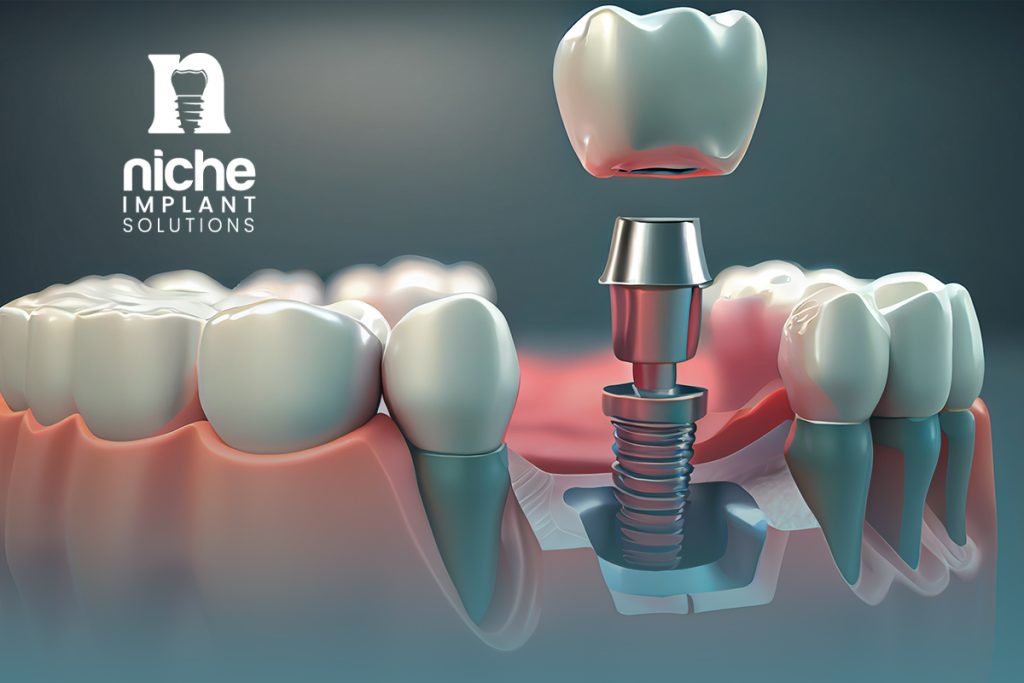
Beyond the Implant: The Importance of Aftercare
Regardless of the best type of dental implants chosen, meticulous oral hygiene is paramount for long-term success. Regular brushing, flossing, and professional dental cleanings are crucial to prevent peri-implantitis, an inflammatory condition that can affect the tissues surrounding the implant.
Consulting Your Dentist: The Key to Finding the Perfect Match
The journey to finding the best type of dental implants starts with a comprehensive consultation with your dentist. During this discussion, they will meticulously evaluate your oral health, jawbone structure, and discuss your individual needs and aesthetic goals. By collaboratively considering all factors, you and your dentist can make an informed decision that sets the stage for a successful and long-lasting implant experience.
Dental implants offer a life-changing solution for restoring missing teeth. With various implant types available, the best type of dental implants for you depends on your unique case. By thoroughly understanding the different options, considering key factors,
Unveiling the Perfect Fit: Tailoring the “Best Type of Dental Implants” for Your Smile
Missing teeth can be a significant concern, impacting your confidence and ability to chew comfortably. Fortunately, dental implants offer a revolutionary solution, restoring both aesthetics and function. But with various implant options available, navigating the path to the best type of dental implants can feel overwhelming. Here at Niche, we specialize in providing customized implant solutions, ensuring you achieve an optimal outcome.
Our Niche Expertise: Shining a Light on Advanced Implant Solutions
As a niche company, we specialize in offering advanced implant solutions that may not be readily available everywhere. Here are some areas where we excel:
- Minimally Invasive Techniques: We prioritize minimally invasive techniques whenever possible. This translates to shorter recovery times and less discomfort for you.
- Computer-Guided Surgery: We embrace cutting-edge technology like computer-guided surgery for precise implant placement, maximizing accuracy and predictability.
- Immediate Loading Potential: In suitable cases, we may explore the possibility of immediate loading. This means attaching a fixed denture shortly after implant placement, allowing you to experience a restored smile sooner.
- Implant-Supported Dentures: For patients missing multiple teeth or all teeth in an arch, we offer implant-supported dentures that provide exceptional stability and function compared to traditional dentures.
Investing in Confidence: The Value of Choosing the Best Type of Dental Implants
Dental implants are an investment in your oral health and overall well-being. Choosing the best type of dental implants can significantly improve your quality of life. Here’s how:
- Enhanced Chewing Ability: Dental implants allow you to chew comfortably, restoring your ability to enjoy a wider variety of foods.
- Improved Speech: Missing teeth can impact your speech. Implants restore natural speech patterns, boosting your confidence in social settings.
- Boosted Confidence: A restored smile can significantly improve your self-esteem and confidence. You’ll smile more freely and feel better about your appearance.
- Long-Term Oral Health: Dental implants help prevent bone loss and promote overall oral health.
Taking the First Step: Your Consultation for the Best Type of Dental Implants
The journey to a restored smile with the best type of dental implants starts with a consultation. During this initial visit, we will:
- Discuss your concerns and goals for dental implant treatment.
- Conduct a thorough oral health examination.
- Analyze your jawbone health using advanced imaging techniques.
- Discuss all available implant options and answer any questions you may have.
We believe in open communication and informed decision-making. By the end of the consultation, you’ll have a clear understanding of the best type of dental implants for your unique situation and feel confident in moving forward with treatment.
At Niche, we believe that everyone deserves a beautiful and confident smile. By choosing the best type of dental implants tailored to your needs, you can enjoy restored functionality, enhanced aesthetics, and renewed confidence in your smile. Contact us today to schedule a consultation and take the first step towards achieving your dream smile with Niche.

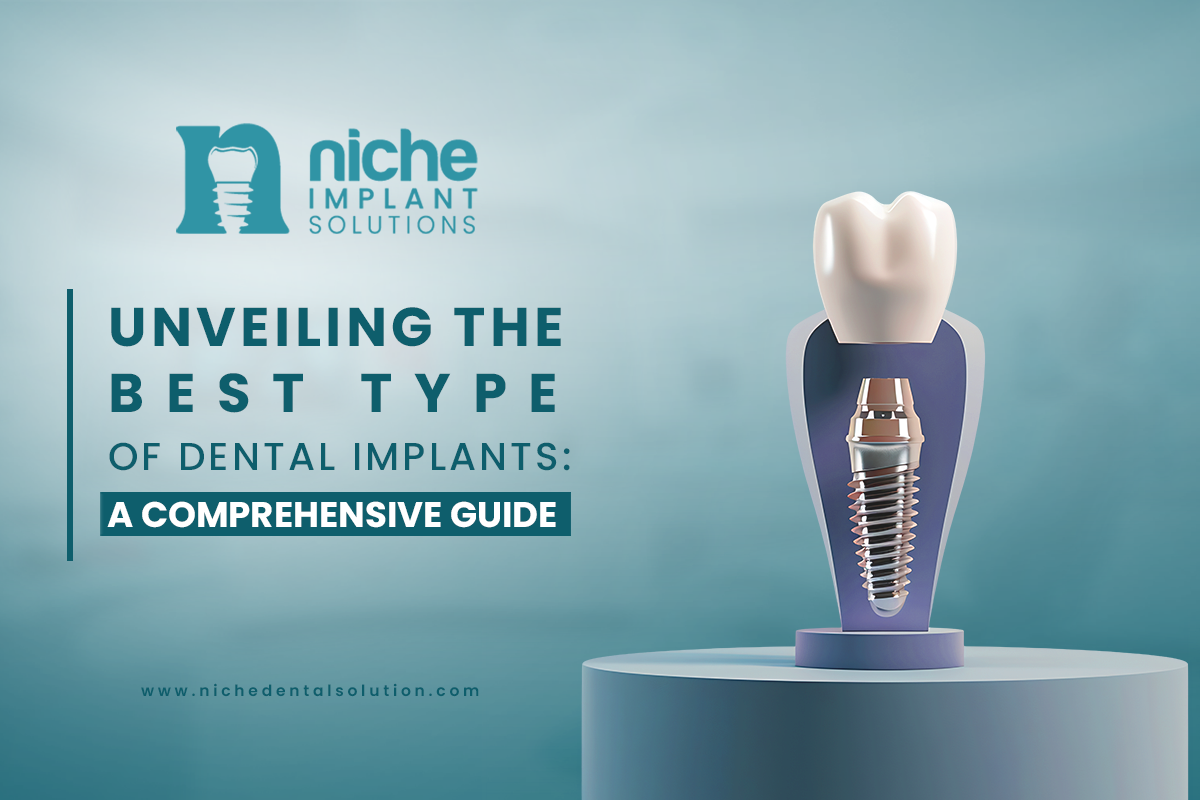
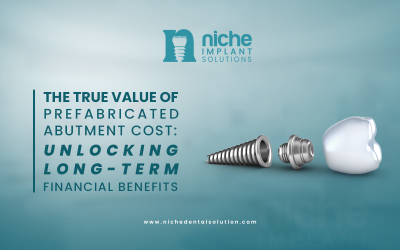
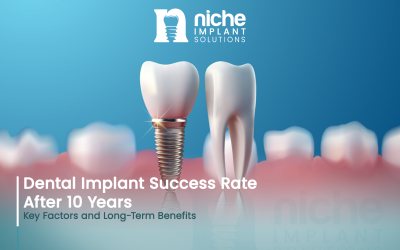
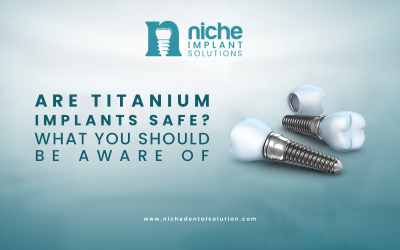
0 Comments